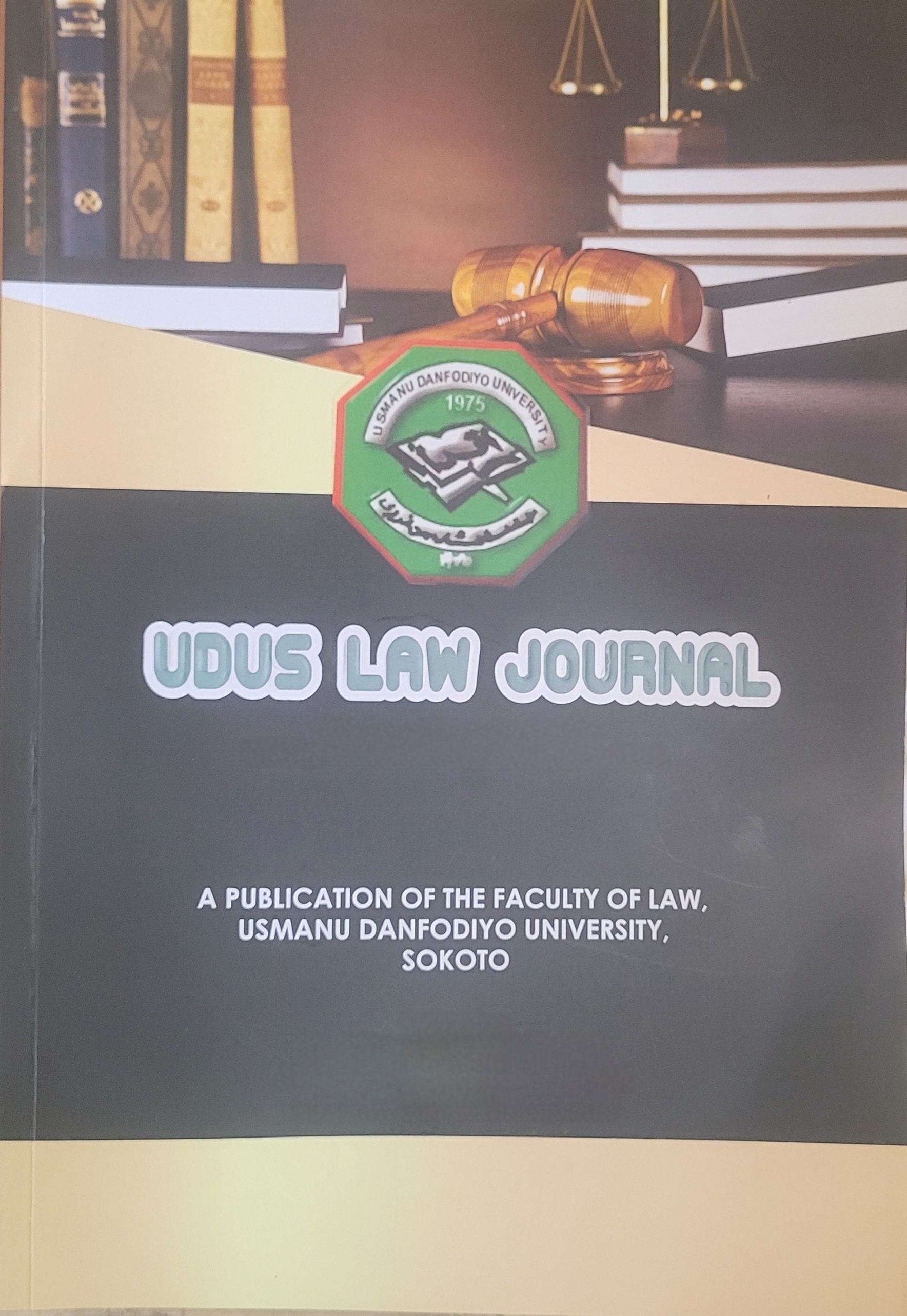Abstract
Most of the African states, not unlike the apartheid era tribal-homelands (Bantustans), were created to be dependent. These Bantustan-like ‘sovereign’ African states were weakened by colonialism, trans-Atlantic slavery, structural adjusted programmes, human trafficking, globalization, and international organizations like the International Criminal Court (ICC), created through the Rome Statute, 1998. The unsuspecting African leaders subscribed to it in large numbers. The article addresses the geopolitical imbalance in the indictment, investigation and prosecution at the ICC and argues that the court’s main focus seems to be only on Africans. It also interrogates the irony of the referral and deferral powers of the permanent members of the United Nations Security Council, majority of whom are not party to the Rome Statute. The article examines the flaws in the Rome Statute, the cases instituted and similar cases that were ignored by the ICC prosecutor. The result indicates that the independence of the ICC is compromised because it focused mainly on African states, while ignoring similar violations of the Rome Statute by the ‘powerful nations’ and their allies. It concludes that African countries need strong national and regional mechanisms to promote transparency in governance; and should be circumspect in adopting treaties without weighing the implications.



 National Library of Nigeria
National Library of Nigeria.jpg) Association of Nigerian Authors
Association of Nigerian Authors Nigerian Library Association
Nigerian Library Association EagleScan
EagleScan Crossref
Crossref